
Can You Put a Tent in the Dryer Safely?
Can You Put a Tent in the Dryer Safely? Published February 4th, 2023 by Allen Campbell Well, it’s no secret that a tent is a
Published June 24th, 2022 by Allen Campbell

Building your own palapa is a fun and easy project that can be completed in just a few hours. With the right materials and some basic construction skills, you can have a beautiful new addition to your backyard patio or pool area. Here’s what you need to know to get started.
How to build a palapa? You will need to find a large palm tree. Cut down the tree, being careful not to damage the trunk. Once the tree is down, cut off all the fronds (the leaves) from the bottom half of the trunk using a saw or machete.
Next, you will need to trim away any bark or other roughness from the bottom half of the trunk. Once this is done, you should have a long, smooth pole that tapers slightly towards one end. The most important element of a palapa is the frame, which can be made out of wood beams, metal pipes, or even bamboo. Once you have your frame in place, you’ll need to cover it with palm fronds.
In this blog post, I’ll cover a step-by-step guide on how to build a palapa. If you’re interested, keep reading the article.
A palapa is a traditional Mexican hut with a thatched roof. Palapas are usually made out of palm fronds or other dried vegetation, and they offer great protection from the sun and rain. Building a palapa is not as difficult as it may seem, and with this step-by-step guide, you’ll be able to build your own in no time.
Palapas are a great way to bring the beauty and feel of tropical locations indoors. The installation process is easy, but it’s important for you to know how they’re made up before starting your project. There can be many different types with varying colors or materials used in their construction. So, take time when designing yours too by accounting for these differences when making adjustments along the way when building a palapa.
So typically, a palapa consists of these three parts;
In order to build a quality palapa that lasts, you must build a sturdy and stable base, poles should be at least eight feet tall. In addition, you will need post inserts into the ground or secured with cement for security purposes as well as an average person’s height so that they can stand upright without feeling too uncomfortable in this position. If your desired palapa is going to remain mobile, then adjustable bases are recommended. Which allow users some flexibility when setting up camp depending on how far away their site location may be from power sources.
A typical structure measures between 8-12 feet in height with an adjustable base securing posts into place; this makes them easily transportable.
Although bamboo is a good material to make a palapa post, still you can choose what you like the most. There are a few things to consider when deciding what post material is best for your palapa: the climate where you live, the weight of the material, and how easy it is to maintain.
In hot climates, materials that reflect the sun’s heat, such as metal or tile, are ideal. In cooler climates, materials that trap heat, such as straw or palm leaves, are better choices.
The weight of the material is also important. If you plan to build your palapa yourself, be sure to choose a lightweight material that is easy to work with.
Finally, consider how easy it is to maintain your chosen material. Some materials require regular painting or waterproofing to keep them looking their best. So, choose wisely to make your future time free of problems.
The roof base of a palapa is the bottom layer of the roof structure upon which the thatching is added. Roof bases are usually made from palm fronds, saplings, bamboo, or other materials that are readily available in the region where the palapa is being built.
The roof base is what you would call an essential part of your palapa. It provides the necessary infrastructure for supporting branches and leaves thatch. As well as adding a layer or two to make everything more pleasing and will last longer when they’re installed correctly.
The roof covering in a palapa is typically palm fronds or other dried vegetation that is tightly woven together. This type of roofing material is very popular in tropical areas as it provides excellent protection from the sun and rains. Palapa roofs are also usually quite nice to look at, which helps to add to the overall charm of these structures.
A palapa roof is a traditional roofing style used in Mexico and Central America. Palapas are generally constructed with natural materials like bamboo, thatch, or palm leaves.
The main purpose of a good roof covering in a palapa is to shield occupants from the elements. A good roof will keep rain and other weather out, while also allowing ventilation to reduce humidity levels indoors.
Building a palapa is much more than just bamboo poles and thatch material. You will need to source additional supplies for your posts as well, such as bolts or staples depending on what type of fastening system you choose. Nails will be required if attaching the lattes (wooden strips) onto these wooden structures in order to make them permanent – but don’t forget about zip ties too.
Finally, it’s important to obtain cement mix along with other important items like shovels that will be needed to fill in holes for posts so waterlogged soil will not fill them up again later on.
If you are building the Palapa on grass, you will need to remove the sod. To do this, use a shovel to cut around the perimeter of the area where the Palapa will be built. Then, use a post-hole digger to remove the sod in strips. Once all of the sod has been removed, level the area by filling in any low spots with dirt.
After preparing the base, you will need to start building the frame of the palapa. To do this, you will need to tie the palm fronds and bamboo together using the rope. Once you have tied them together, you will need to harden the palm fronds and bamboo.
After the frame of the palapa has been hardened, you will need to start thatching the roof. To do this, you will need to start at the bottom of the roof and work your way up. You will need to tie the straw onto the frame of the palapa using the rope.
Once you have finished thatching the roof, you will need to cover the entire palapa with palm fronds.
The last step in building a palapa is to decorate it. You can do this by adding decorations such as shells, beads, or feathers. You can also add a door and windows if you want. Once you have finished decorating the palapa, you will need to put a roof over it in order to protect it from the elements.
Almost anyone with basic carpentry skills can build a palapa. In just a few hours, you can have a beautiful and functional thatched-roof hut that will provide you with shelter from the sun and rain.
Taking safety precautions is important when building a palapa. Below are some safety tips that you should keep in mind when working on your palapa:
Now you know how to build a palapa!
Building a palapa by self is full of enjoyment. Just make sure you don’t neglect the safety precautions, otherwise, your great time can turn into trouble. Follow the above guide and try to build an amazing palapa in your home backyard.
When it comes to making a palapa, material quality is also important. Because using high-quality materials will ensure that your palapa lasts for a long time. Also, using good-quality materials will make your palapa look nicer and enhance its overall appearance.
So, I would suggest, when building your first palapa don’t compromise on safety and material quality. Because due to less experience if you neglect any crucial point you’ll end up disappointed.

Allen is a full time writer at Mastercanopies.com and enjoys traveling around the United States and exploring nature. He enjoys writing about canopies as he believes they are extremely crucial in having a successful camping trip whether it be a trip to the beach, mountains, or the open plains.

Can You Put a Tent in the Dryer Safely? Published February 4th, 2023 by Allen Campbell Well, it’s no secret that a tent is a
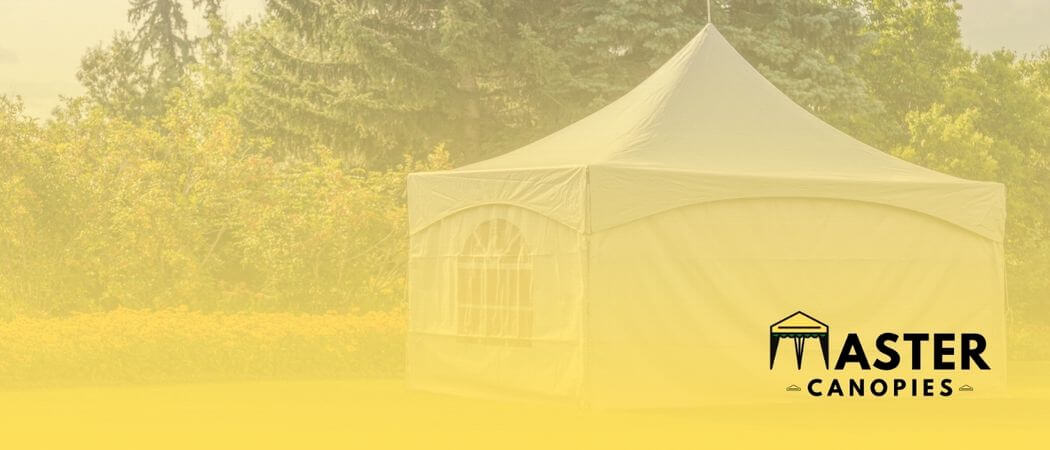
How to Print on a Canopy: How to Print Custom Images/Logos Published February 4th, 2023 by Allen Campbell Do you want to print something special
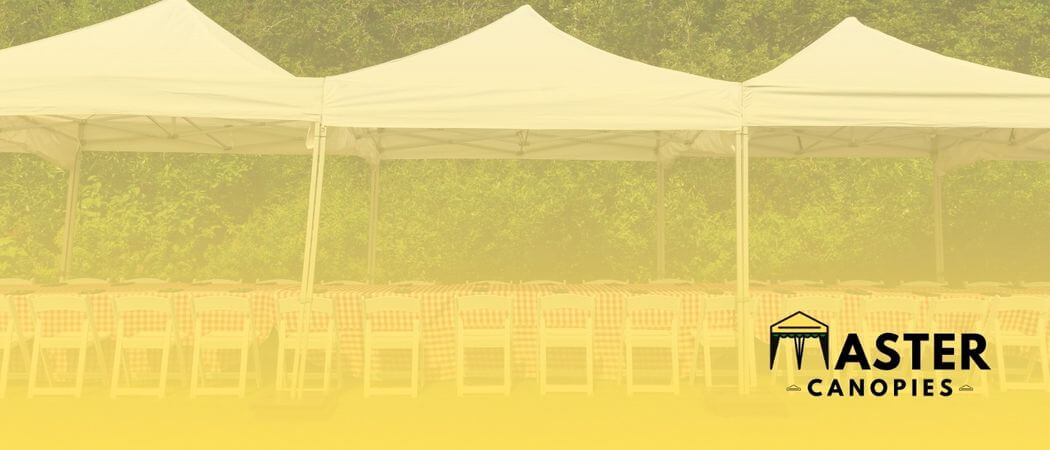
How to Choose the Best Outdoor Event Flooring for your Next Celebration Published January 31st, 2023 by Allen Campbell Planning an outdoor event can be

How to Insulate a Tent for Winter and Keep Warm Published February 3rd, 2023 by Allen Campbell Is your tent the last frontier when it
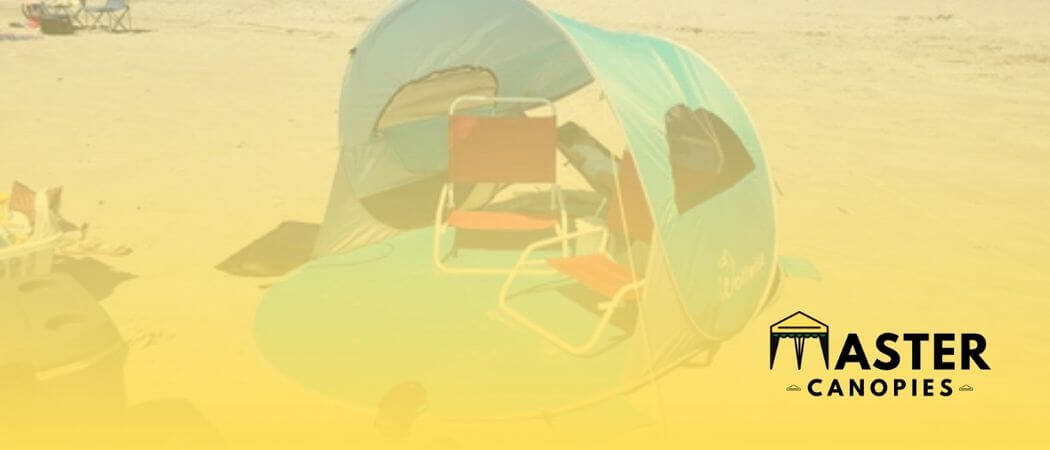
Wolfwise Beach Tent Review: Should You Buy It? Published January 23rd, 2023 by Allen Campbell Are you planning a beach vacation but don’t know exactly
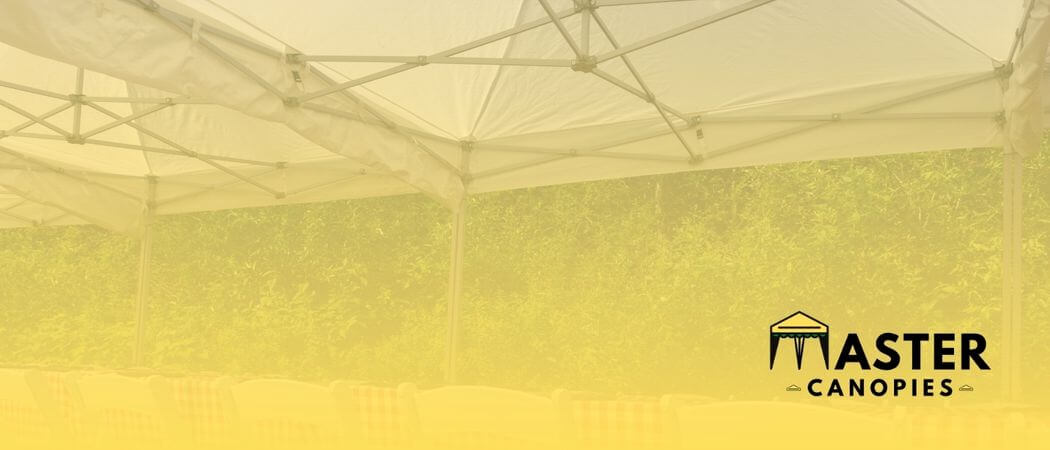
How to Start a Tent Rental Business (and have Success with It!) Published January 23rd, 2023 by Allen Campbell Do you have a knack for
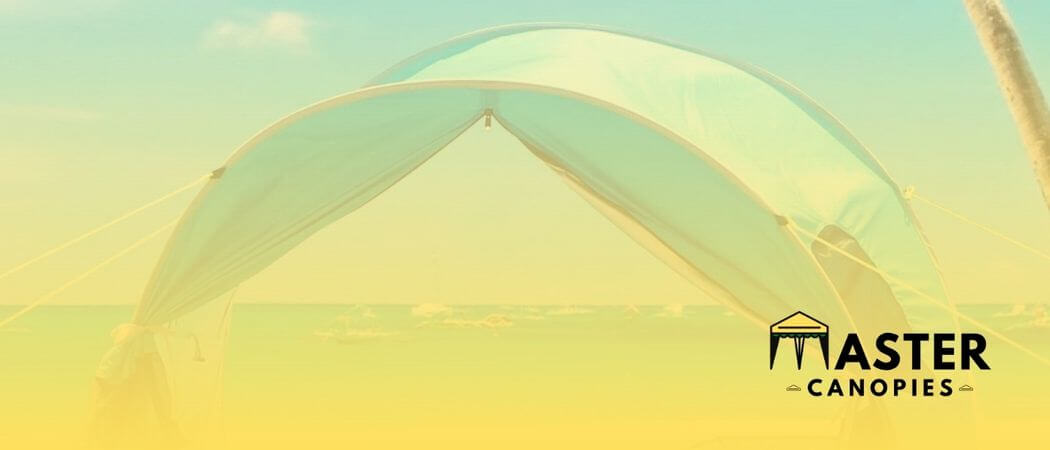
Wolfwise Beach Tent Instructions: Easy Setup Guide Published January 23rd, 2023 by Allen Campbell Let’s face it, setting up a beach tent can be tricky…
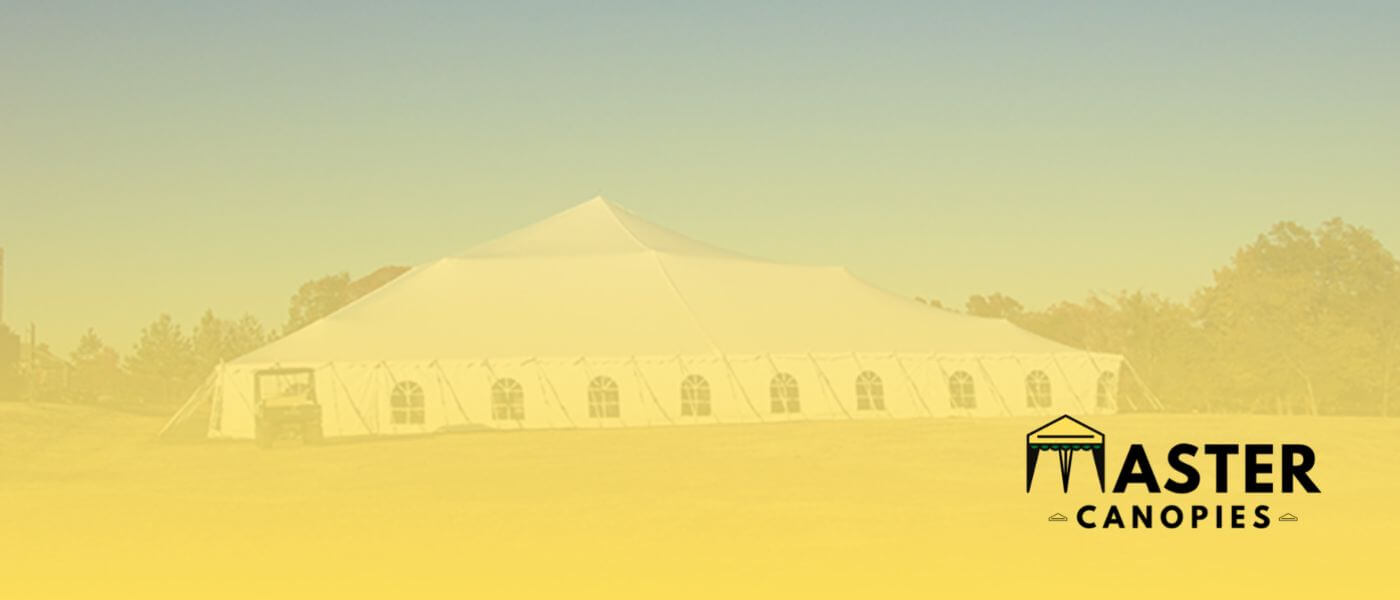
Best 100×100 Tents for Large Gatherings and Parties Published January 12th, 2023 by Allen Campbell Finding the right tent for your next event can be
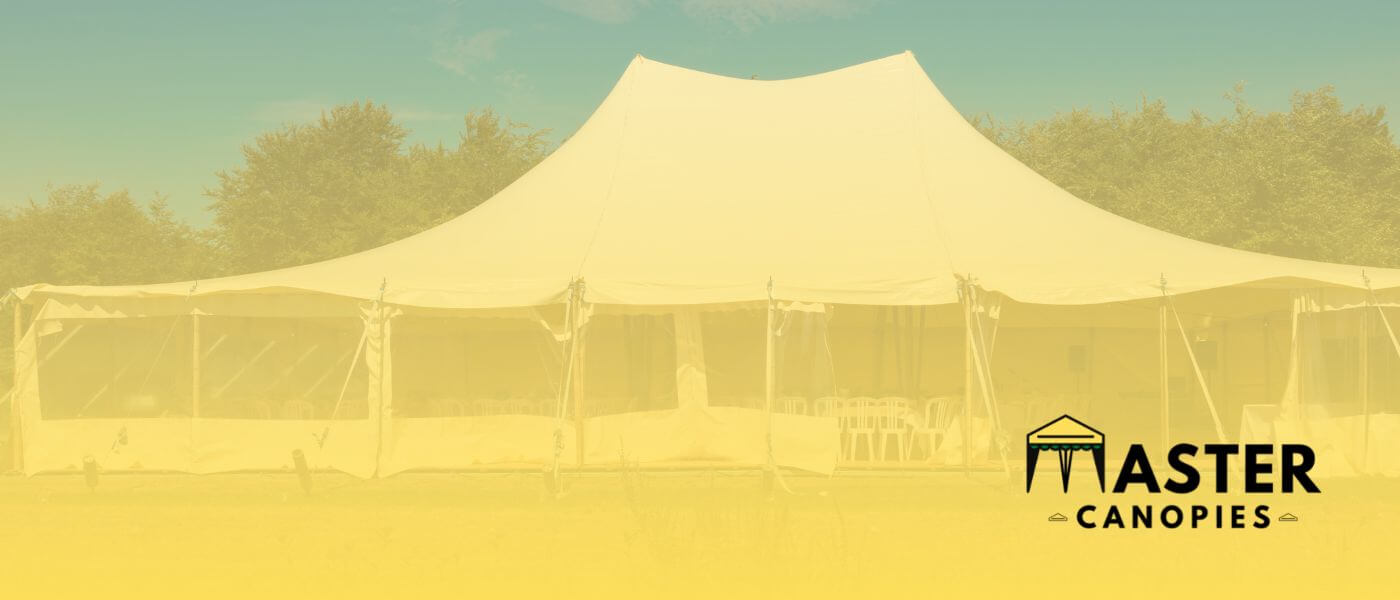
Best Tent Rentals in Downers Grove, IL Published January 12th, 2023 by Allen Campbell Hoping to make a big impact in Downers Grove? Well, if

Master Canopies is here to bring you the best canopies for the outdoors so that you can enjoy the fresh air without the gleaming and burning light of the sun.

Master Canopies is here to bring you the best canopies for the outdoors so that you can enjoy the fresh air without the gleaming and burning light of the sun. As an Amazon Associate, we earn from qualifying purchases.